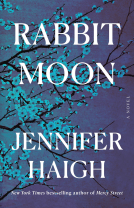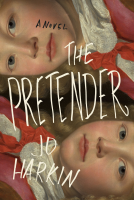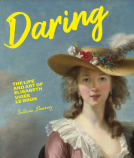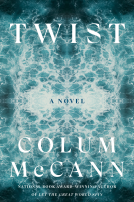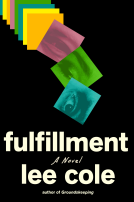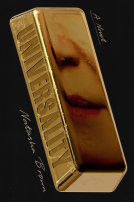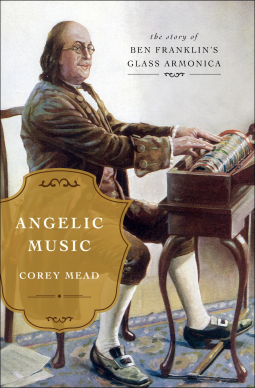
Angelic Music
The Story of Benjamin Franklin's Glass Armonica
by Corey Mead
This title was previously available on NetGalley and is now archived.
Buy on Amazon
Buy on BN.com
Buy on Bookshop.org
*This page contains affiliate links, so we may earn a small commission when you make a purchase through links on our site at no additional cost to you.
Send NetGalley books directly to your Kindle or Kindle app
1
To read on a Kindle or Kindle app, please add kindle@netgalley.com as an approved email address to receive files in your Amazon account. Click here for step-by-step instructions.
2
Also find your Kindle email address within your Amazon account, and enter it here.
Pub Date Oct 18 2016 | Archive Date Oct 18 2016
Description
“With spirited charm, Mead weaves history, music, science, and medicine into the story...Fascinating, insightful, and, best of all, great fun.” —The Washington Post
A jewel of musical history—the story of Ben Franklin’s favorite invention, the glass armonica—including the composers who wrote for it (Mozart, Beethoven, Handel, among others); Dr. Mesmer who used it to hypnotize; Marie Antoinette and the women who popularized it; its decline and recent comeback.
Benjamin Franklin is renowned for his landmark inventions, including bifocals, the Franklin stove, and the lightning rod. Yet his own favorite invention—the one he said gave him the “greatest personal satisfaction”—is unknown to the general public. The glass armonica, the first musical instrument invented by an American, was constructed of stacked glass bowls and played by rubbing one’s fingers on the rims. It was so popular in the late eighteenth and early nineteenth centuries that Mozart, Beethoven, Handel, and Strauss composed for it; Marie Antoinette and numerous monarchs played it; Goethe and Thomas Jefferson praised it; Dr. Franz Mesmer used it for his hypnotizing Mesmerism sessions. Franklin himself played it for George Washington and Thomas Jefferson.
In Angelic Music, Corey Mead describes how Franklin’s instrument fell out of popular favor, partly due to claims that its haunting sounds could drive musicians out of their minds. Some players fell ill, complaining of nervousness, muscle spasms, and cramps. Audiences were susceptible; a child died during a performance in Germany. Some thought its ethereal tones summoned spirits or had magical powers. It was banned in some places. Yet in recent years, the armonica has enjoyed a revival. Composers are writing pieces for it in genres ranging from chamber music and opera to electronic and pop music. Now Mead brings this instrument back to the public eye, telling the compelling, fascinating story of its origins.
A jewel of musical history—the story of Ben Franklin’s favorite invention, the glass armonica—including the composers who wrote for it (Mozart, Beethoven, Handel, among others); Dr. Mesmer who used it to hypnotize; Marie Antoinette and the women who popularized it; its decline and recent comeback.
Benjamin Franklin is renowned for his landmark inventions, including bifocals, the Franklin stove, and the lightning rod. Yet his own favorite invention—the one he said gave him the “greatest personal satisfaction”—is unknown to the general public. The glass armonica, the first musical instrument invented by an American, was constructed of stacked glass bowls and played by rubbing one’s fingers on the rims. It was so popular in the late eighteenth and early nineteenth centuries that Mozart, Beethoven, Handel, and Strauss composed for it; Marie Antoinette and numerous monarchs played it; Goethe and Thomas Jefferson praised it; Dr. Franz Mesmer used it for his hypnotizing Mesmerism sessions. Franklin himself played it for George Washington and Thomas Jefferson.
In Angelic Music, Corey Mead describes how Franklin’s instrument fell out of popular favor, partly due to claims that its haunting sounds could drive musicians out of their minds. Some players fell ill, complaining of nervousness, muscle spasms, and cramps. Audiences were susceptible; a child died during a performance in Germany. Some thought its ethereal tones summoned spirits or had magical powers. It was banned in some places. Yet in recent years, the armonica has enjoyed a revival. Composers are writing pieces for it in genres ranging from chamber music and opera to electronic and pop music. Now Mead brings this instrument back to the public eye, telling the compelling, fascinating story of its origins.
Available Editions
| EDITION | Other Format |
| ISBN | 9781476783031 |
| PRICE | $28.00 (USD) |

